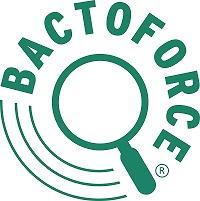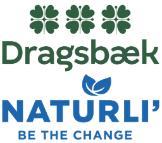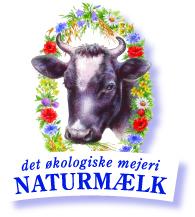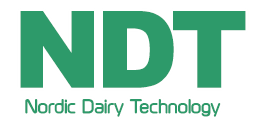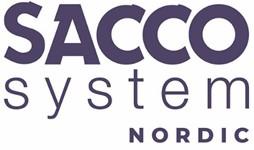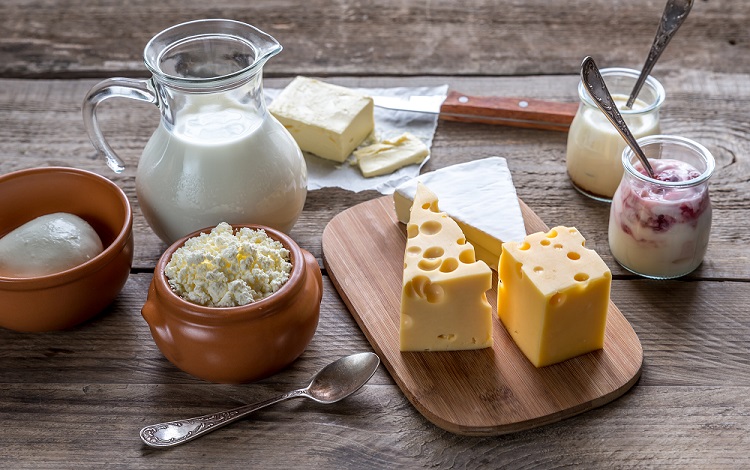
Fermented dairy products is a growing segment all over the world. New markets are invented, and products are developed to meet new consumers. The seminar will deal with this potential as well as the fermentation processes in the dairies.
A wide range of fermented dairy products is possible via use of different fermentation parameters, such as selection of cultures, combination of different types of culture and obviously the actual fermentation process. Through this a broad variety of taste profiles, consistency and structures of the fermented dairy products is obtained.
The program will also include a presentation of the probiotic area – a status of challenges, solutions and opportunities in this field. New knowledge about fermentation and starter cultures not only for yoghurt and similar kind of products but also for cheeses will be presented. Threats like bacteriophages and yeast will be a part of the agenda and finally, the expanded shelf life and bio protection will be addressed.
Price:
For members of the Danish Society of Dairy Technology: 2.195,- + VAT
For non-members: 2.695,- + VAT


Fermentation as foundation for diversity
Thise dairy is producing a wide range of dairy products and fermentation is relevant for most of the products. The presentation will illustrate the Thise way of working with fermentation and their experience in this area. It will also be included how they work with cultures, use of different cultures and fermentation processes to give products such as Vesterhavsost, Hvid Kloster, Skyr, Greek style yoghurt, butter and buttermilk their own identity and special signature.
By using a wide range of cultures both thermophilic and mesophilic, bioprotective cultures and mould cultures a large and wide diversity is created. Please look forward to a short introduction to the world of fermentation at Thise Dairy.


Clinically studied probiotics for dairy innovations: challenges, solutions, and opportunities
A growing awareness of the relationship between diet and health has led to an increasing demand for products that are able to enhance health beyond providing basic nutrition. Probiotics are living microbes that, when administered in adequate amounts, benefit the health of consumer. They are commonly consumed in the form of dietary supplements or incorporated in fermented dairy products. More consumers are also looking for non-dairy alternatives. Probiotics are not alike. We will discuss the importance of strain characterization and clinical evidence related to health benefits. The challenges related to potential health claims will be addressed. The use of different food matrices set specific requirements. Application approaches of probiotic cultures in fermented products are highlighted with focus on shelf life and cell counts. New solutions will help to build up healthy and tasty food choices to the future consumer.


The 2 most radical innovations of yoghurt cultures
Dairy products with improved taste and texture, but fewer additives, reduced sugar, fat addition, or overall calorie content are in high demand by modern, health-conscious consumers. As a major player in the global dairy industry, Chr. Hansen A/S is constantly exploring novel and natural ways to improve products to fulfill consumer demands. This pushes the boundaries of microbial performance and requires the constant development of new dairy cultures with novel properties.
We will present the use and the progress of natural methods for selection and improvement of dairy bacteria that today have led to all-natural concepts for dairy products with reduced added sugar due to high natural sweetness “Sweety”and with controlled acidity and post acidification “Acidifix”.

New ways to determine the composition of mesophilic starter cultures and bacteriophage development
Presently new and less time consuming molecular biological methods for monitoring the composition of starter cultures are being developed. They are based on amplicon sequencing of specific genes that varies in sequence from strain to strain. Also, new molecular biological methods (metavirom sequencing and High-through-put qPCR) are being developed for monitoring the bacteriophage development in the culture and the cheese process. The presentation will give examples on how these developments in the future might be used to predict, when problems might arise and hopefully before they arise. A new project “Phagewarn”, partly financed by MFF (Mejeribrugets ForskningsFond), seeks to model the bacteriophage development on the participating dairies.

Selection of “thermophilic” Lactobacilli for cheese production
Based on many years of experience with hard and soft cheese production, through mainly bulk set, Sacco decided years ago to start a project to select a range of better strains for the many different applications - strains also usable as direct starters.
The applications selected were not only hard cheese (like Comte, Emmental, Grana/Parmesan, Gruyere), but also semi-hard cheese (maturation) and soft cheese (like Gorgonzola.). Reasons, selection criteria and methods as well as practical results will be part of the presentation!

Evaluation of the inhibitory effect of new type of antimicrobial compounds on yeast and mould in yoghurt
The presentation introduces a study that investigates the use of alginate oligosaccharides (AOS) in fermented dairy products. Gradient concentrations of AOS were used to supplement both a broth and a yoghurt model. The growth of common dairy spoilage in these models was then evaluated. Significant growth reduction of the yeasts Candida parapsilosis and Meyerozyma guilliermodii was observed in presence of 2 % (w/v) AOS in both models, while no clear effect was observed for the other tested species. This work showed that AOS may have the potential to be used as food preservatives, but further research is needed and relatively high concentration is required.

Protective cultures – where and why we use them in Arla
Protective cultures are natural bacteria that may inhibit the growth of yeasts and moulds in food products. Due to their potential to extend shelf-life and reduce spoilage while maintaining a clean label, protective cultures have attracted increasing attention the past years by culture suppliers, food manufacturers as well as academia. Arla Foods has followed this trend closely.
In this presentation, I will introduce:
• our current knowledge of protective cultures in dairy
• where and why we use them
• and their limitations.


Fermented dairy products in Eastern Europe
Royal CSK supplies cultures for fermented dairy products worldwide. Historically, CSK has been well-known for cheese cultures, but CSK’s high performing cultures for yogurt and fresh fermented dairy products are less well known.
In this presentation you will be inspired by Eastern European products and technologies, both trending and established. The presentation will include a technological background of the processes and hurdles (such as bacteriophages) that dairies face, with an emphasis on solutions to these challenges.
Two mainstay Eastern European products covered in this presentation are:
1. Ryazhenka, which is a traditional fresh fermented caramelized milk product from Belarus, Russia, and Ukraine that has a unique caramel taste.
2. Chocolate bars containing a fermented dairy filling covered with chocolate, originating in the Balkans and Eastern Europe.
A third product will be presented that has been trending in 2019.




